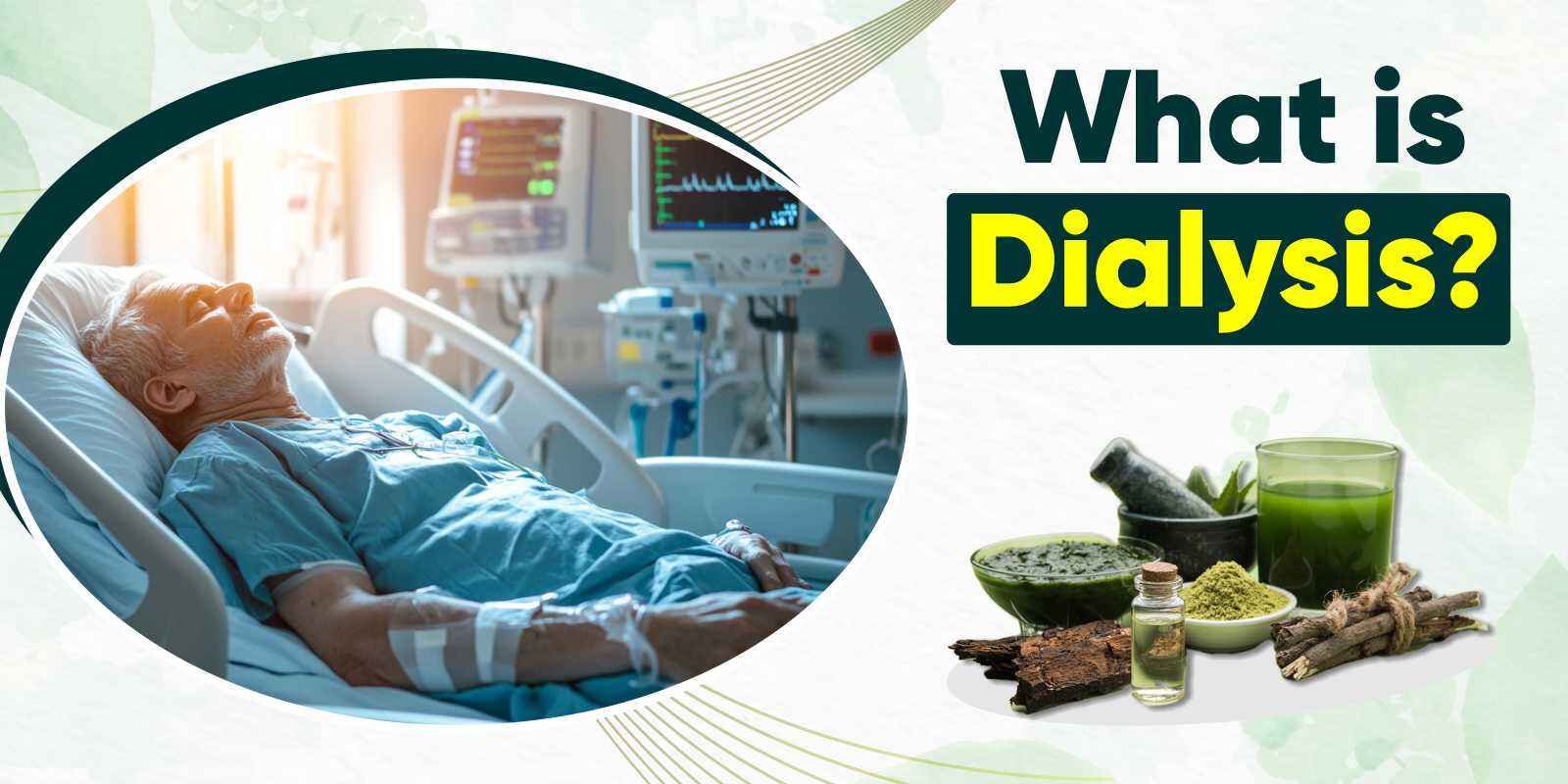
Dialysis is a treatment for people whose renal functioning has nosedived. Damaged kidneys are unable to filter out wastes from the blood effectively, resulting in a buildup of toxins and wastes in the body. As a result, there is a waste and toxin build-up in your bloodstream. Dialysis does the filtering job of the kidneys by removing wastes and toxins from the body.
Concerned about kidney health? Book an appointment today to discuss your treatment options with our specialists. For immediate queries, contact us via WhatsApp or call us now.
There are two main types of dialysis:
In hemodialysis, your blood is removed via a machine and filtered through a dialyzer (artificial kidney), and the cleaned blood is returned to your body via the machine. It is a 3-5 hours long process and you may have to go through this procedure 2-3 times a week.
Before hemodialysis, you’ll undergo a minor surgical procedure so that there is easy access to your bloodstream. You may have:
Worried about the surgical procedure? Book a consultation to understand the process in detail. Chat with us on WhatsApp or call us to clear your doubts.
During hemodialysis, the dialysis machine:
Some of the hemo-dialysis side effects are:
In this type of dialysis, tiny blood vessels inside the abdominal lining (peritoneum) do the job of filtering blood with the help of a dialysis solution. This solution is a cleansing liquid that has water, salt, and other additives. Peritoneal dialysis takes place at home. Two ways to do this treatment are:
Interested in peritoneal dialysis? Schedule a consultation to find out if it's the right option for you. Reach out via WhatsApp or call us today.
You will have to go through a minor surgical operation before the commencement of this type of dialysis. A soft, thin tube (catheter) is inserted through your belly and into the peritoneum. A healthcare provider will teach you the entire procedure of dialysis and precautionary measures as well.
During peritoneal dialysis:
You may feel bloated during and after this dialysis procedure.
Need more information about the procedure? Book an appointment with our experts. Contact us via WhatsApp or give us a call to get started.
As mentioned above, dialysis is a process by which waste products are filtered from your blood via a machine. If you have an end-stage renal disease (ESRD) or if your kidney functioning has nosedived rapidly, then you would need dialysis.
If you want to know what is dialysis in Hindi, click here
Dialysis is the standard procedure for those suffering from significant kidney damage. It lengthens the life span of kidney patients and helps them live a quality life. However, you must weigh the pros and cons before opting for dialysis.
Considering dialysis? Book an appointment to discuss the pros and cons with our specialists. Reach out via WhatsApp or call us now for personalized guidance.
"Ayurveda is not just a system of medicine; it's a way of life. Connect with us to embrace a lifestyle that nurtures your body, mind, and soul."

Certificate no- AH-2023-0186
JAN 05,2023-JAN 04,2026